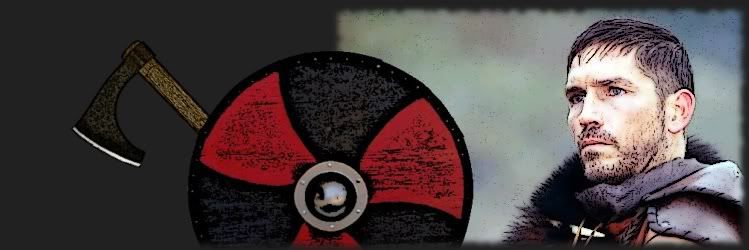
39th of Winter, 511 AV
For years, caught by a chimera, a tangle of vines that covered rock and mortar in a dreary mask, the chapel bided. They burned some days, a molten scatter of cinders, or else writhed in red and purple hues, as a nest of serpents. For many, it had been a place to worship Skerr, though the practice was widely neglected, and then, when her disciples began to erode, Laat, Sivah, and others, until at last it was empty, desolate of prayers. The rafters were gray and warped, the shingles broken. Every crack a scar. Near the far end, an altar kept up a dusty vigil, beleaguered by splinters, ever fearing the clutch of scroungers. The high, narrow pane of glass was already in fragments, no more than a slit, for the stones didn’t yield, just crept ponderously through the murky chamber. Echoes of past splendor hung leaden on the musty air. The whispers of forlorn prayers, shackled by neglect. They were wraiths, bleakly eclipsed by the cackle of crows, dark, beady eyes casting over the plague of rats.
And everywhere, the dance of shadows, a rustle of sand coursing over skeins of fired clay, a desert of the flesh, ever crushing.
The rusty braziers were absent, taken for scrap. The door sagged, hung over by a beard of moss. Every tempest, there was a inky seep through the broken slats, each bead heavier than the hearts that once poured out under those eaves, suffusing the altar with an empty despondence.
And then he came.
The changes were subtle, vanishing in the plumes of dead, brown leaves scraping over the cobbles, caught up by errant gusts, whirling in so many cyclones. What are they doing?, frowned the smith, the cripple, the chandler, slaking thirst with sour wine as they bent curious eyes to the laborers. Shovel and Boil Face, laying pale shingles over the faded, bare toes splaying around rickety rungs, skidding over an oily coating of crimson lichen. They scythed at the vines, trundled out barrows of refuse and debris, replaced the rusty hinges. They brushed away the cobwebs.
Neglect began to slough away.
Presently, the Temple of Xhyvas crept as a gargoyle of hunched rocks, squat under the roofs of Alvadas.
Yet defiant.
Empty, quiet, bereft.
As ever, the dead god’s priest was alone. He stood by the dais, staring down the three rows of pews, broken by a slender rivulet of bare stone, and dreamed of an impenetrable curtain of snow, descending from a pewter sky. He was clad in armor, heavy plate over scale and leather, a fur cloak fastened at his neck. The silver inlay of its clasp glinted in the low flames of the brazier.
The coals were gray.
Ulric was a large man, the top half of his left ear cut off, nose riding crookedly on a visage broken by scars, covered by a patchy beard. And yet, his eyes were fever bright, smoldering with a dark, brutal intensity.
Xhyvas was dead.
But he wasn’t forgotten.










